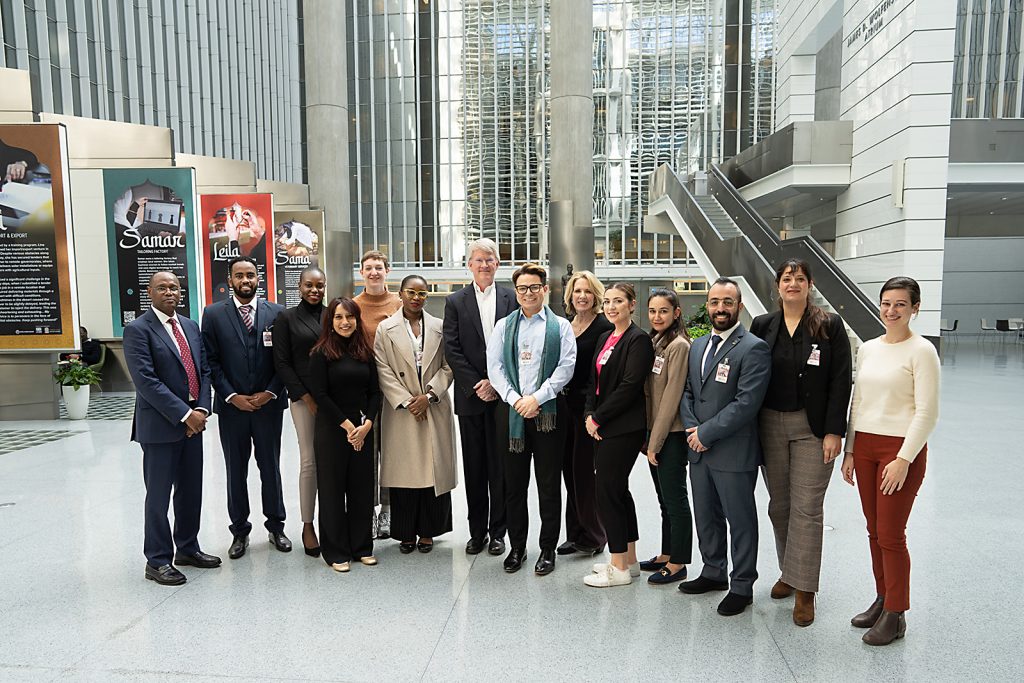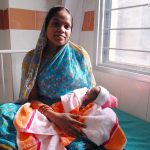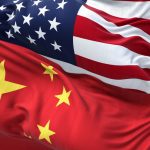After she graduates this spring, Valena McEwen wants to help cities as they work to mitigate and adapt to climate change. The master of global affairs student plans to build on the urban development work she did in Freetown, Sierra Leone, before coming to the Keough School.
Now, thanks to a week-long networking trip in Washington, D.C., she is a step closer to making that happen.
McEwen was among the almost 15 students who traveled to Washington as part of the D.C. Immersion. The course is taught by Maura Policelli, executive director of the Keough School Washington Office and associate professor of the practice. It provides participants with ample opportunities to network with prospective employers as they prepare to graduate and launch policy-relevant careers.
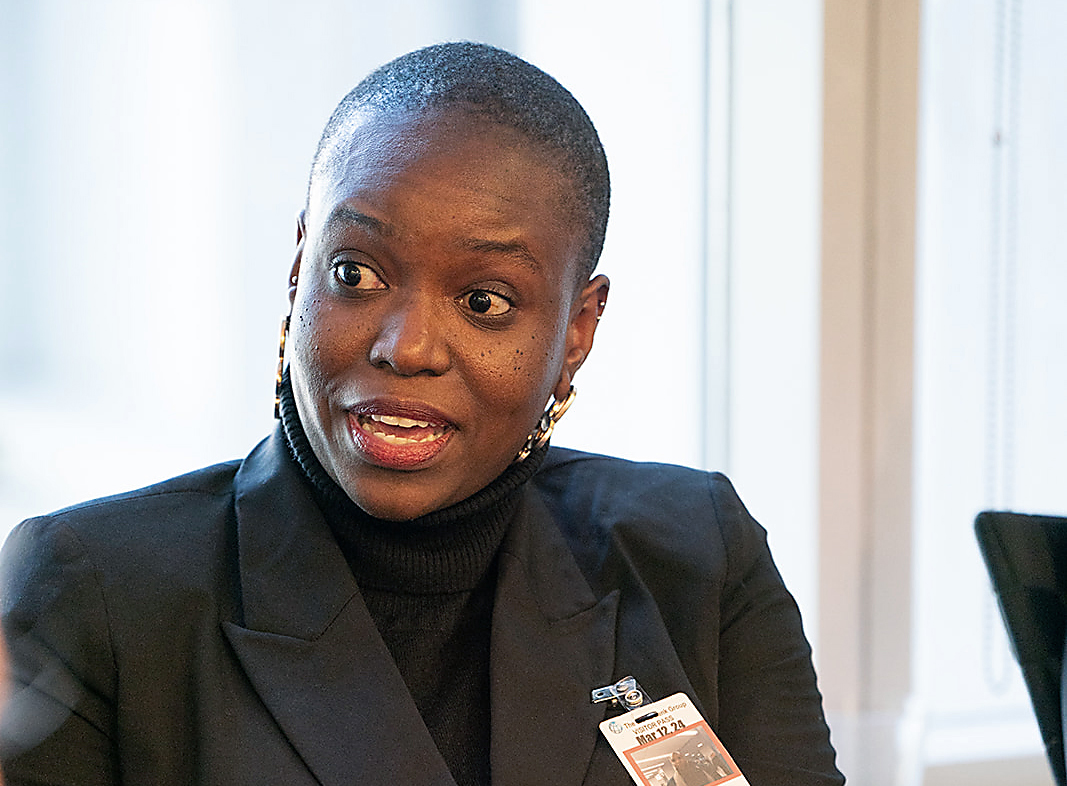
McEwen quickly realized the power of networking after she met with a contact from the Aspen Institute. Less than 24 hours later, the woman tagged her in a LinkedIn comment, highlighting an upcoming conference and encouraging her to attend.
“That certainly opened my eyes to the value of what we’re doing here with all of our face-to-face networking,” said McEwen, who has a concentration in sustainable development. “I see a real value in programs like this that take you beyond the classroom and provide you with access to policy professionals. It’s a fantastic opportunity.”
The experience offered many opportunities for students to learn and make connections. A visit to the World Bank provided them with insights on how the organization is working to assist fragile, conflict-affected and vulnerable states. A meeting at USAID showed them how delivering aid to people in need requires cutting bureaucratic red tape and working pragmatically with a variety of organizations.
Meanwhile, a meeting at the Department of State explored the intricacies of conflict prevention in an increasingly chaotic global landscape. And a visit to the United States Institute of Peace opened their eyes to the importance of grassroots policy partnerships in South Asia, home to approximately a quarter of the world’s people.
In addition to participating in group visits to think tanks and agencies, students met individually with policymakers who work in their areas of interest and enjoyed a networking reception with Notre Dame alumni and global development professionals.
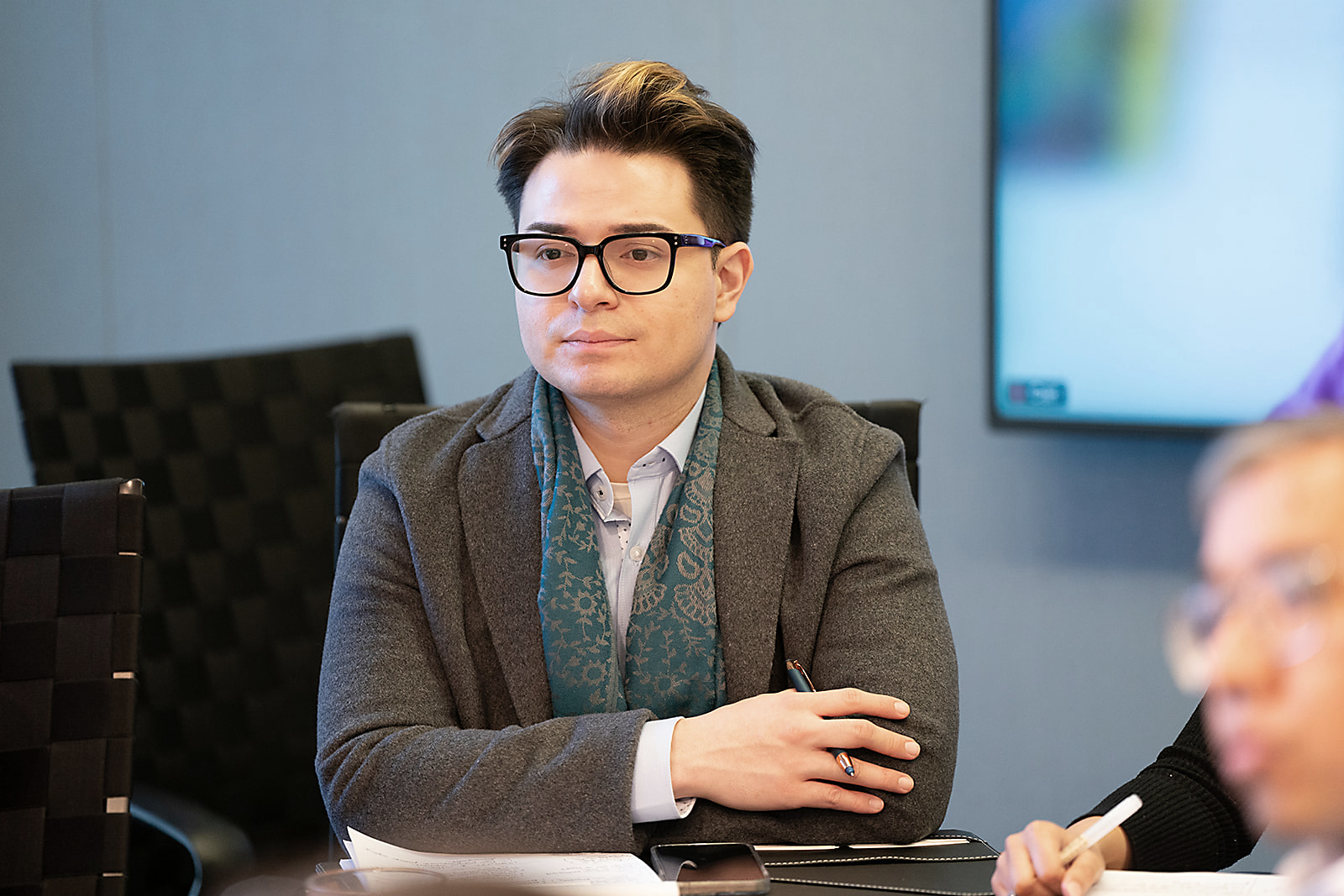
Matthew Bocanumenth, who is pursuing a concentration in international peace studies, said the experience was a good opportunity to explore his professional interests more deeply. Bocanumenth, who works in gender-inclusive peacebuilding, appreciated learning more about how government agencies are approaching the issue.
“At the State Department, I had the opportunity to meet with people who focus specifically on that intersection of LGBTQ+ human rights and armed conflicts and humanitarian crises,” he said. “Seeing those intersections and learning more about that kind of advocacy in the context of the U.S. government landscape has provided me with helpful perspective.”
Alexus Tucker, who is pursuing a concentration in sustainable development and wants to work for the federal government, said the experience helped her learn more about an interagency collaboration to mitigate food waste and reduce the government’s carbon footprint. The collaboration includes the United States Department of Agriculture, the Environmental Protection Agency and the Food and Drug Administration.
Tucker said she made the most of her meetings thanks to rigorous preparation. Before the trip, students prepared questions for their one-on-one and group meetings, conducted mock informational interviews and filled out meeting strategy forms to ensure they optimized their time with policymakers. “By working proactively,” she said, “we prepared ourselves for engaging conversations that not only set us apart but also respected the time of each person with whom we met.”
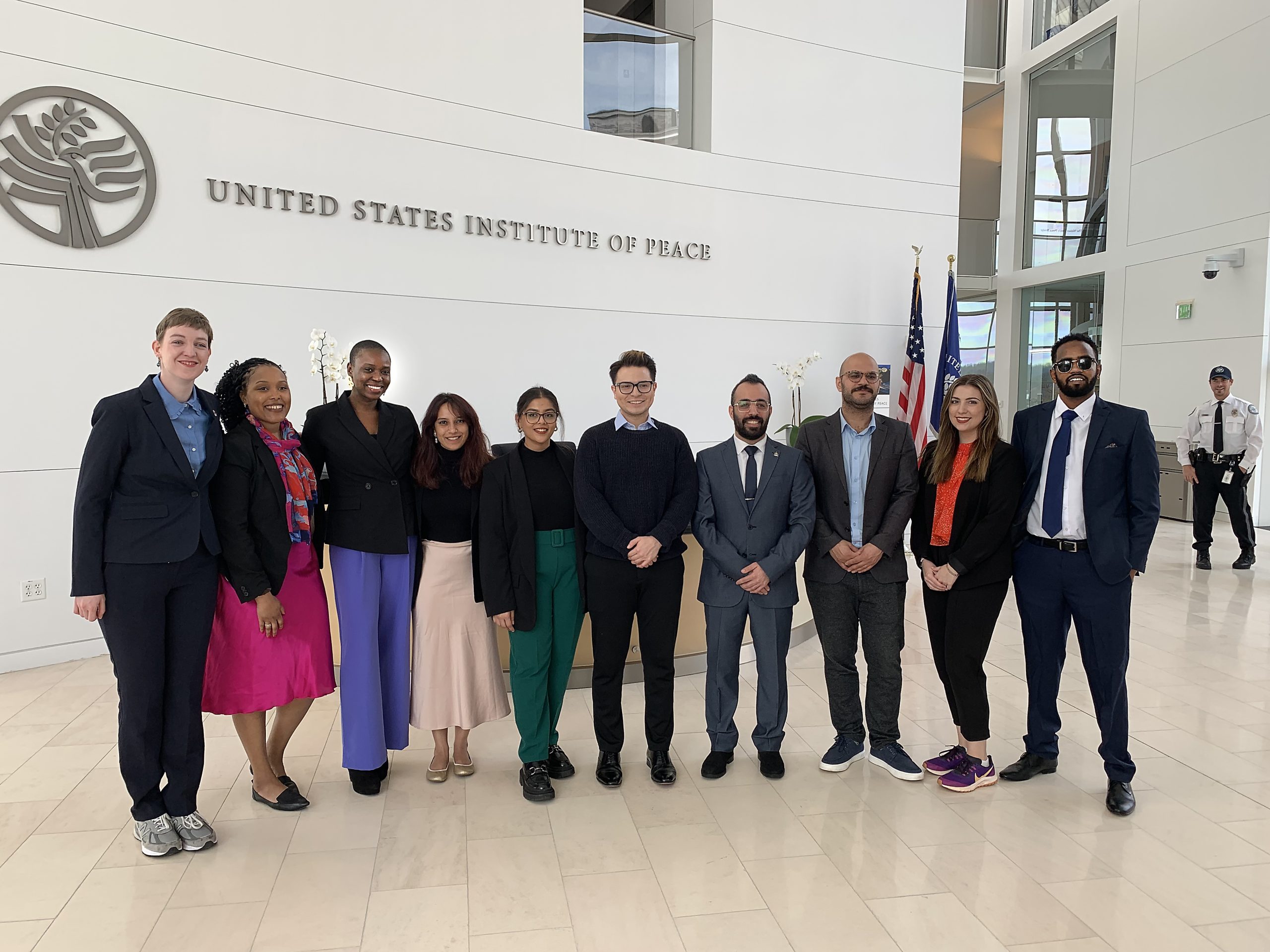
Students were grateful for the opportunity to engage with policymakers. Ishika Sharan, who is studying conflict prevention and fragile states, said a conversation with a contact at a Washington think tank underscored the level of support the Keough School provides students.
“He told me that many international development students often have to do this on their own time,” said Sharan, who is pursuing a concentration in governance and policy. “They make time for this level of professional networking outside of their classes and by relying on their own resources. And yet here we have an opportunity to spend a whole week with a variety of networking events that the Keough School has organized and supported. That’s a powerful tool to help us get to know the relevant policymakers as we make the final preparations for the next phase of our careers.”
To learn more about opportunities in Washington, D.C., including an undergraduate summer program and the graduate D.C. Immersion course, please contact Maura Policelli, executive director of the Keough School Washington Office, at mpolice1@nd.edu.
